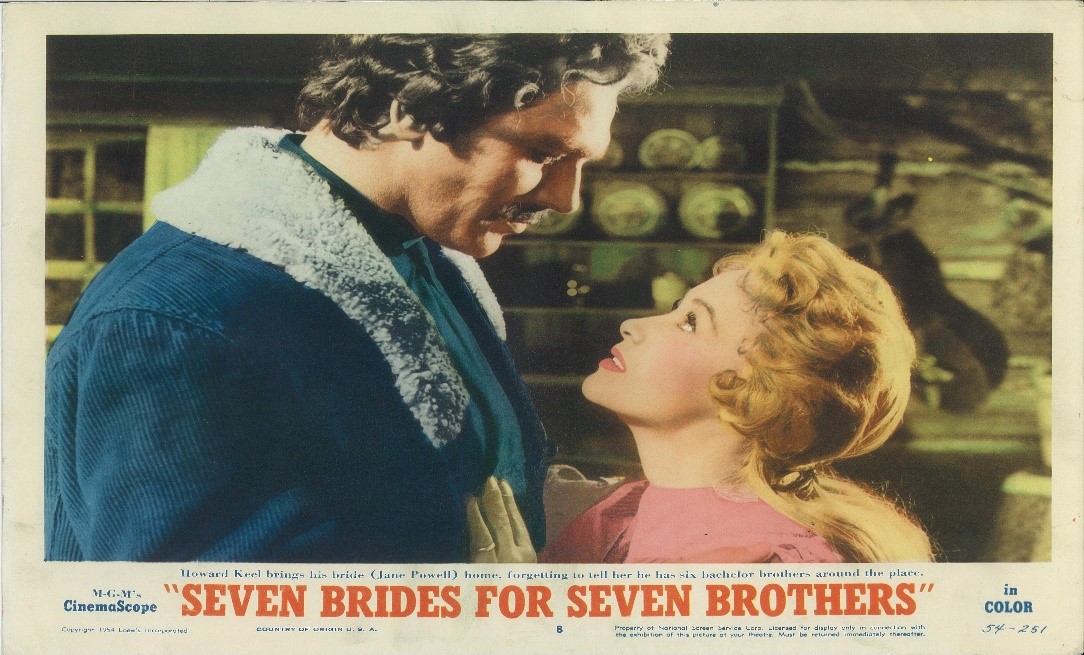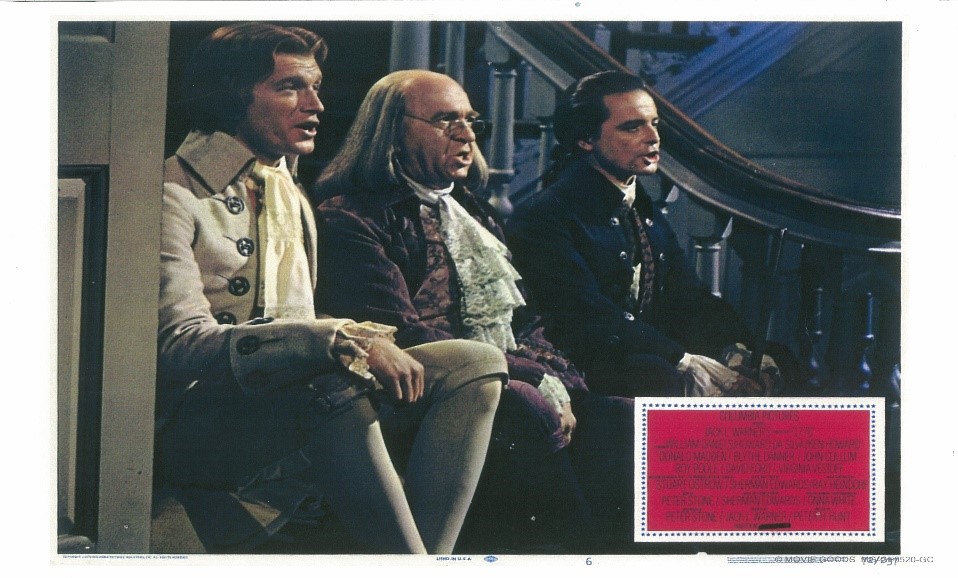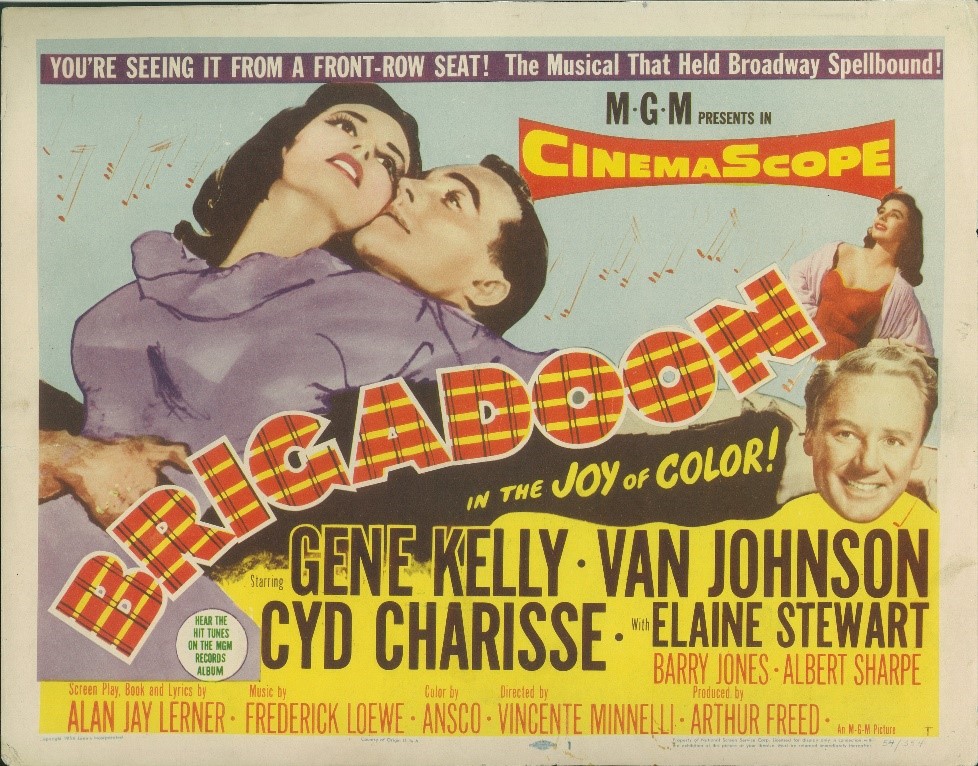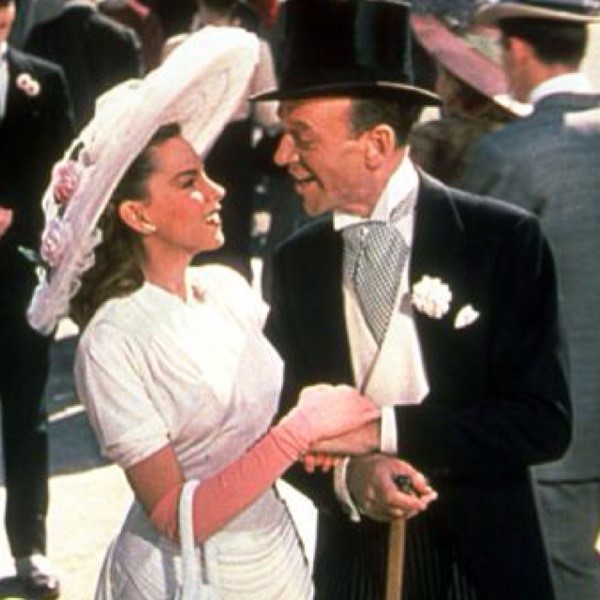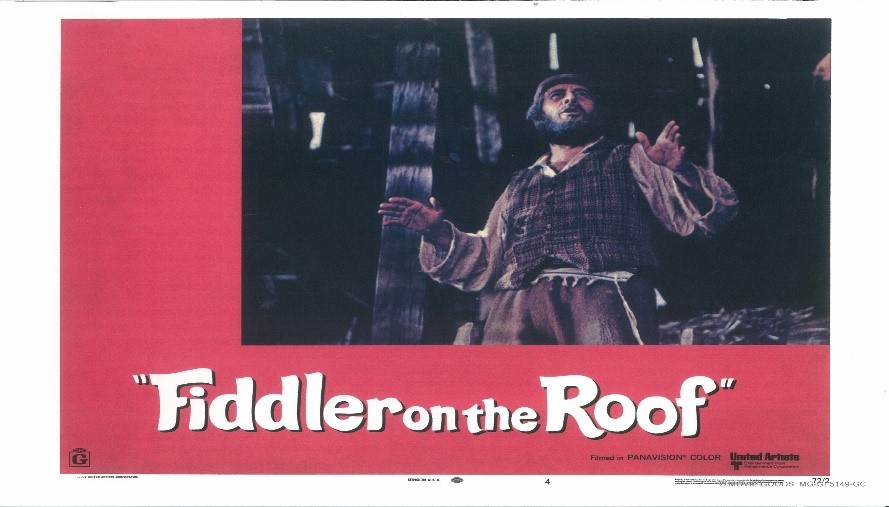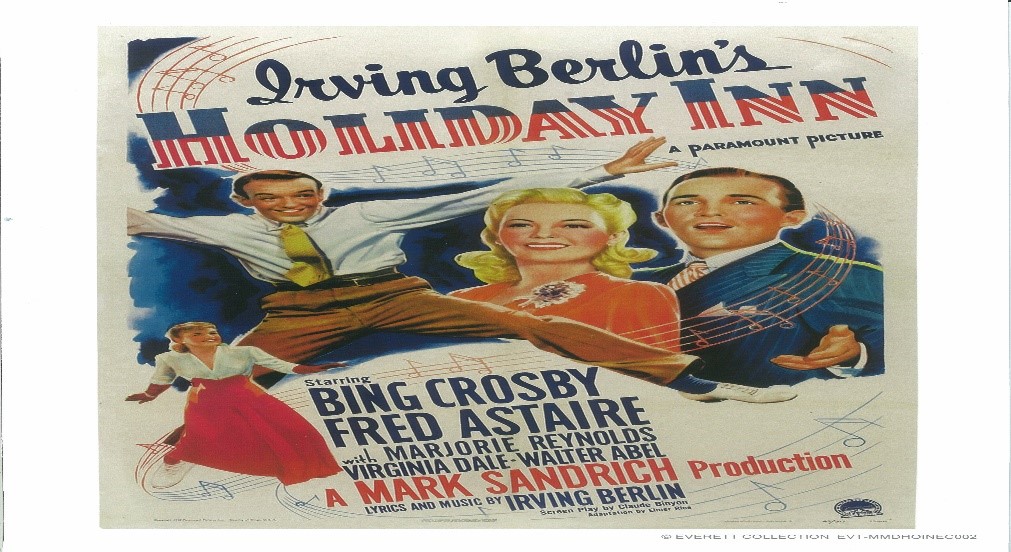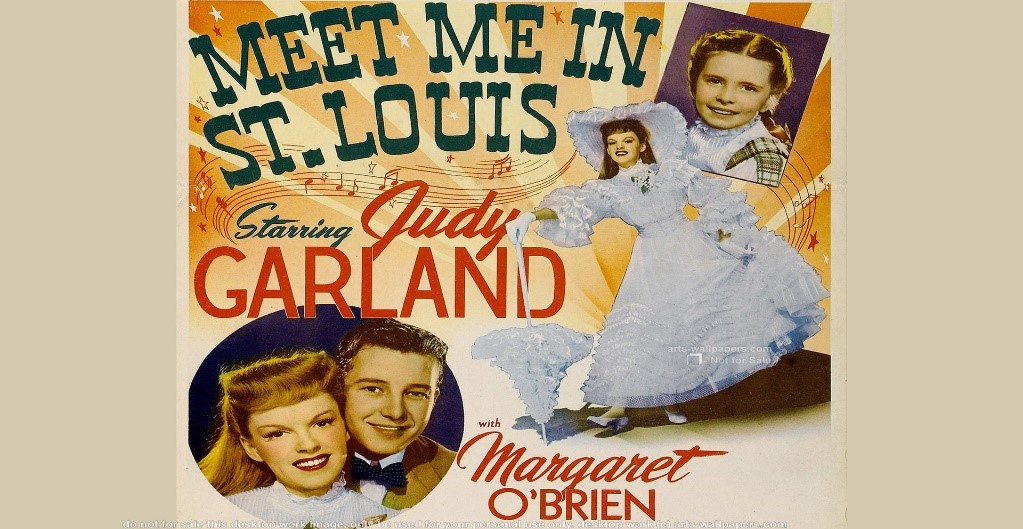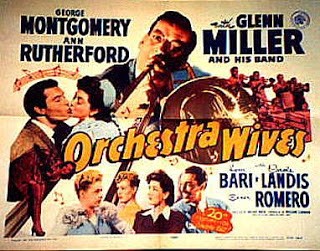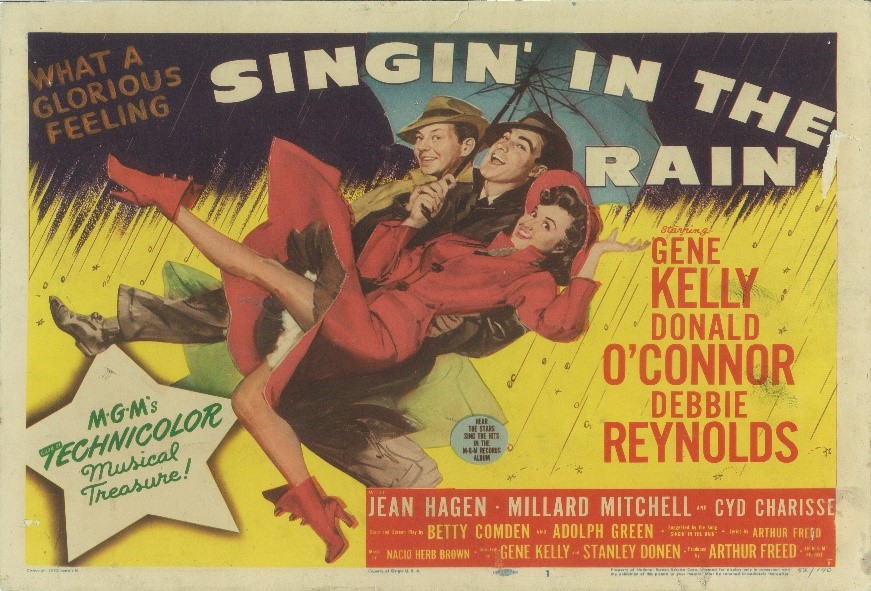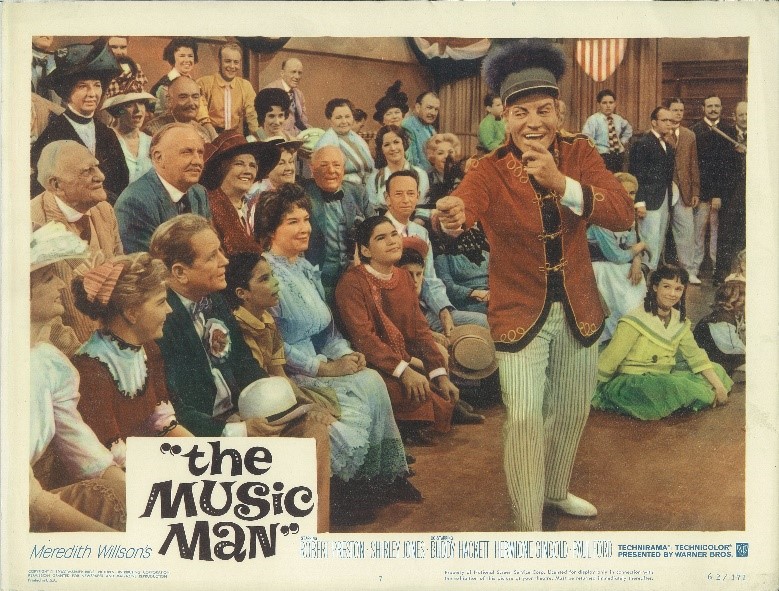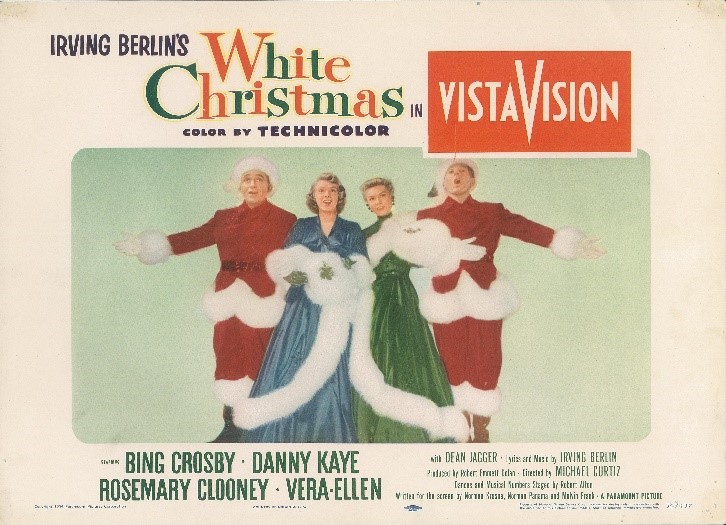“The moment I saw him smile, I knew he was just my style. My only regret is we've never met. Though I dream of him all the while.” (Martin and Blane, 1944)
Our exploration of the classic movie musical formula of Boy Meets Girl takes an intriguing turn with the fall selections Fiddler on the Roof and Meet Me in St. Louis. These films present a reversal of tradition, with the girl taking the lead. Whether it’s initiating the Meet Cute (“Oh, do you live here?” Esther, Meet Me in St. Louis or making dreams of slender and pale grooms a reality (Fiddler on the Roof), she actively pursues her romantic interests.
These films focus on the bloom of new romance, displaying meeting and getting your partner, which leaves little space or time for missed opportunities.
Welcome to the September - October 2024 Edition ~ Synchronicity in Fiddler on the Roof and Meet Me in St. Louis.
As each story begins, we find Tevye’s daughters and the Smith sisters living traditional lives at the turn of the 20th century.
Fathers are patriarchs who earn a living and make the crucial decisions about whom the daughters will marry (Tevye, Fiddler on the Roof) when they eat dinner, who answers the telephone, and where they live. (Lon Smith Sr. Meet Me in St Louis)
Mothers (Golde, Fiddler on The Roof and Anna, Meet Me in St. Louis) raise the family and run the home.
The daughters (Tzietel, Hodel, Chava—Fiddler on the Roof, Rose, and Esther—Meet Me in St Louis) are at a pivotal stage in their lives, coming of age and eagerly anticipating marriage.
Tradition dictates that Tevye's daughters rely on the matchmaker to “make me a perfect match” with a slender and pale groom. However, these women are strong-willed and ahead of their time. Each daughter has privately chosen her match, a courageous act inspiring admiration.
Therefore, when the prospect of a 'match' with the butcher approaches, Tzietel implores Motel to stand up to her father, exclaiming, “Even a poor tailor deserves some happiness!” When Hodel asks only for her father’s blessing to marry Perchik—not his permission and follows him to Siberia to help him with his work, she is taking the opportunity to shape her own happiness, even if it means facing a new world far from home.
Her sisters' example allows Chava to choose the most unknown path - marriage to Fyedka – a Christian.
In choosing to marry outside the faith, Chava makes the greatest sacrifice—the loss of her family of origin. However, in exchange, she prepares for a new life in a new world.
As these daughters begin new lives and unknown adventures, they pave the way for Esther and Rose to become aggressors as they pursue relationships with John Truitt and Warren Sheffield. (Esther to Rose: “I’ve decided to let John Truitt kiss me tonight. If we’re going to get married, one of us has to start it.”)
These women take every opportunity to express their feelings in the blush of first love.
The Smith sisters use coy flirtation and good-natured manipulation. Esther employs John to help her turn down the lights throughout the house. Rose sends John an introduction/invitation to a house party to help her sister pursue the boy next door.
Esther arranges for Rose to speak to Warren Sheffield via a long-distance call from New York as she pursues her “Yale Man.”
Together, the sisters work to “monopolize all the worthwhile men” as Esther manipulates Lucille Ballard’s dance card at the Christmas Ball, which is meant to separate Lucille from Warren. However, in her desire to make new friends and further her happiness, Lucille unknowingly thwarts Esther’s plans by speaking her mind and saying what everyone is thinking (“I'm going to take my life into my hands and say something. That is, if I can say it before Warren tries to strangle me. We're all grown up, and if we'd only act that way, Warren would be here with Rose instead of spending the evening talking about you.”) With this declaration, Lucille sets Rose and Warren on a path to romance and encourages one for herself with Lon Jr.
For Esther and John, the path to romance is complicated by misunderstandings. First, Esther’s young sister Tootie asserts that John Truitt “tried to kill me!” during a Halloween prank. Second, John finds basketball more exciting than the Christmas Eve dance, which leads him to forget to pick up his tuxedo and leaves Esther in tears.
In each scenario, Esther’s reaction is spontaneous. She defends her sister with her fists (“The next time you want to hit somebody, pick on somebody your own size!”) and cries at the thought of missing the dance.
John’s reaction is fueled by a desire to “make things right.” He stands still and is willing to get beaten up a second time when Esther approaches him to apologize on Halloween night. At the Christmas Eve Dance, he appears in his tuxedo, ready to waltz.
Together, they find the best way to romance is by resolving miscommunication, a hopeful lesson about the power of honest communication in relationships.
Throughout the remainder of the film, their dealings are open, honest, and heartfelt. Esther‘s joy at receiving John’s marriage proposal is sweet but tempered with reality when she suggests they keep it between them for now. As their story concludes, she and John attend The World’s Fair, where adult decisions, like marriage and family, are opportunities and joys for another day.
Thank you for joining me and taking a look at these unique films. Films that highlight strong women who pursue personal goals and take every opportunity to further their happiness and get their men.
~~Lori

